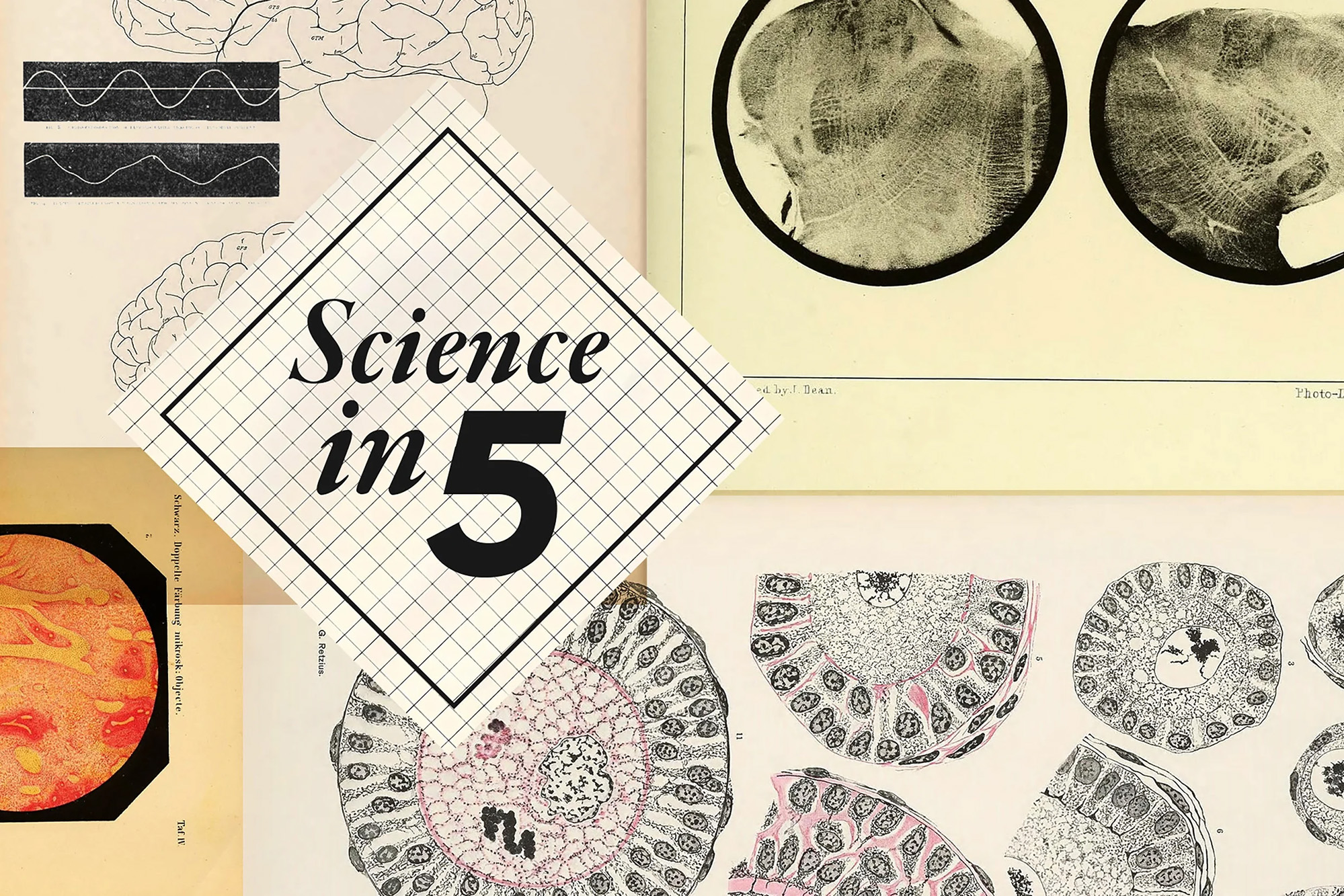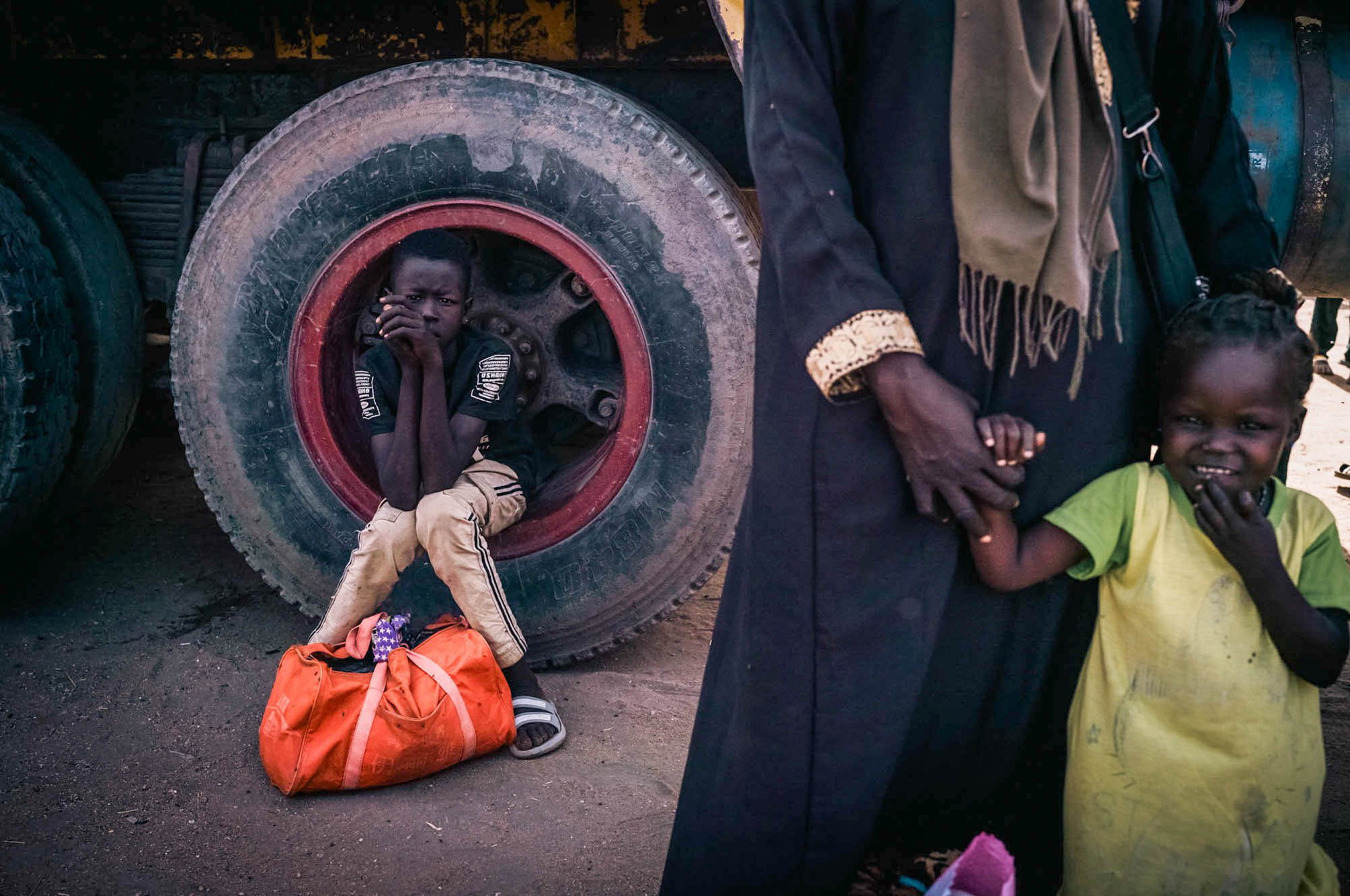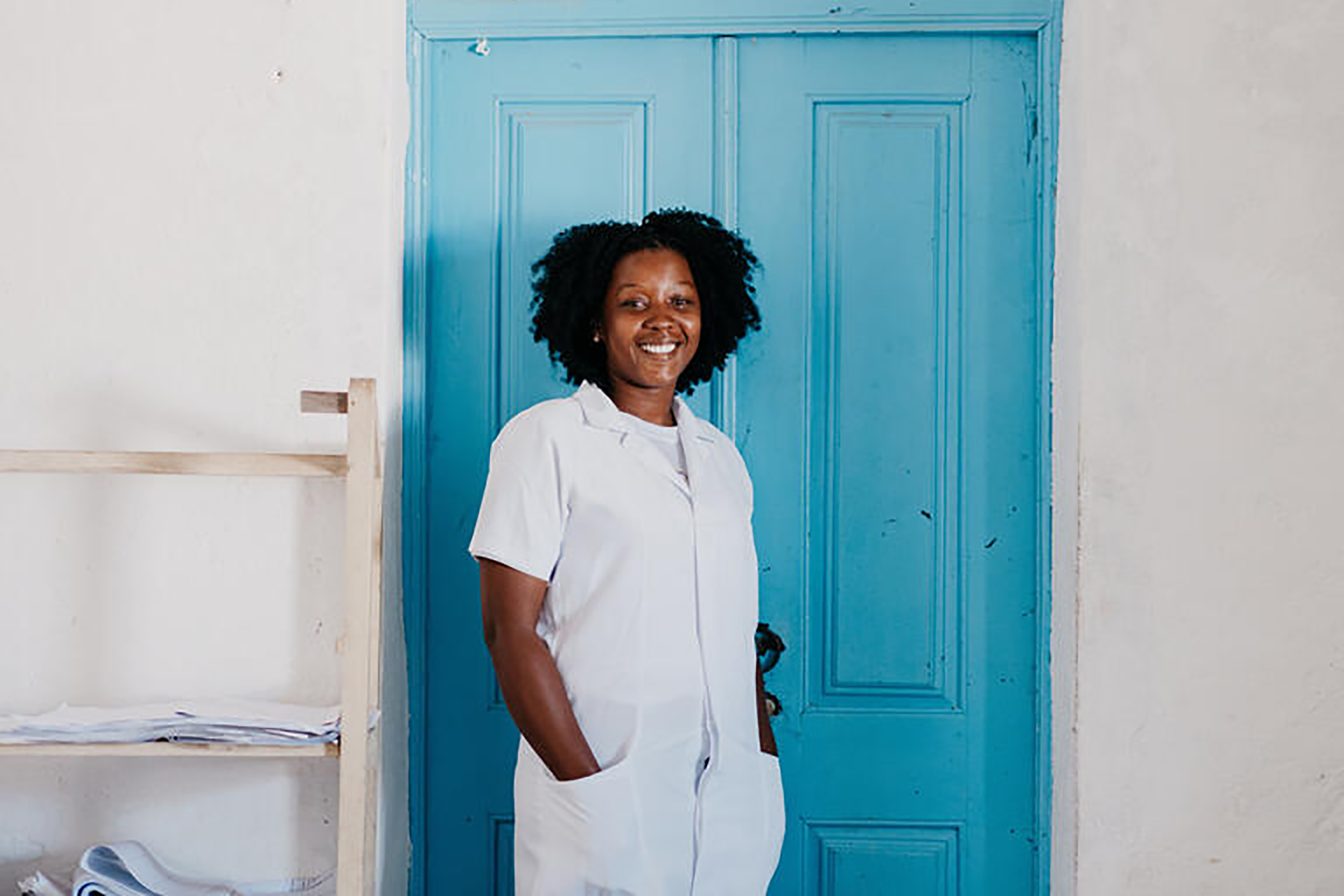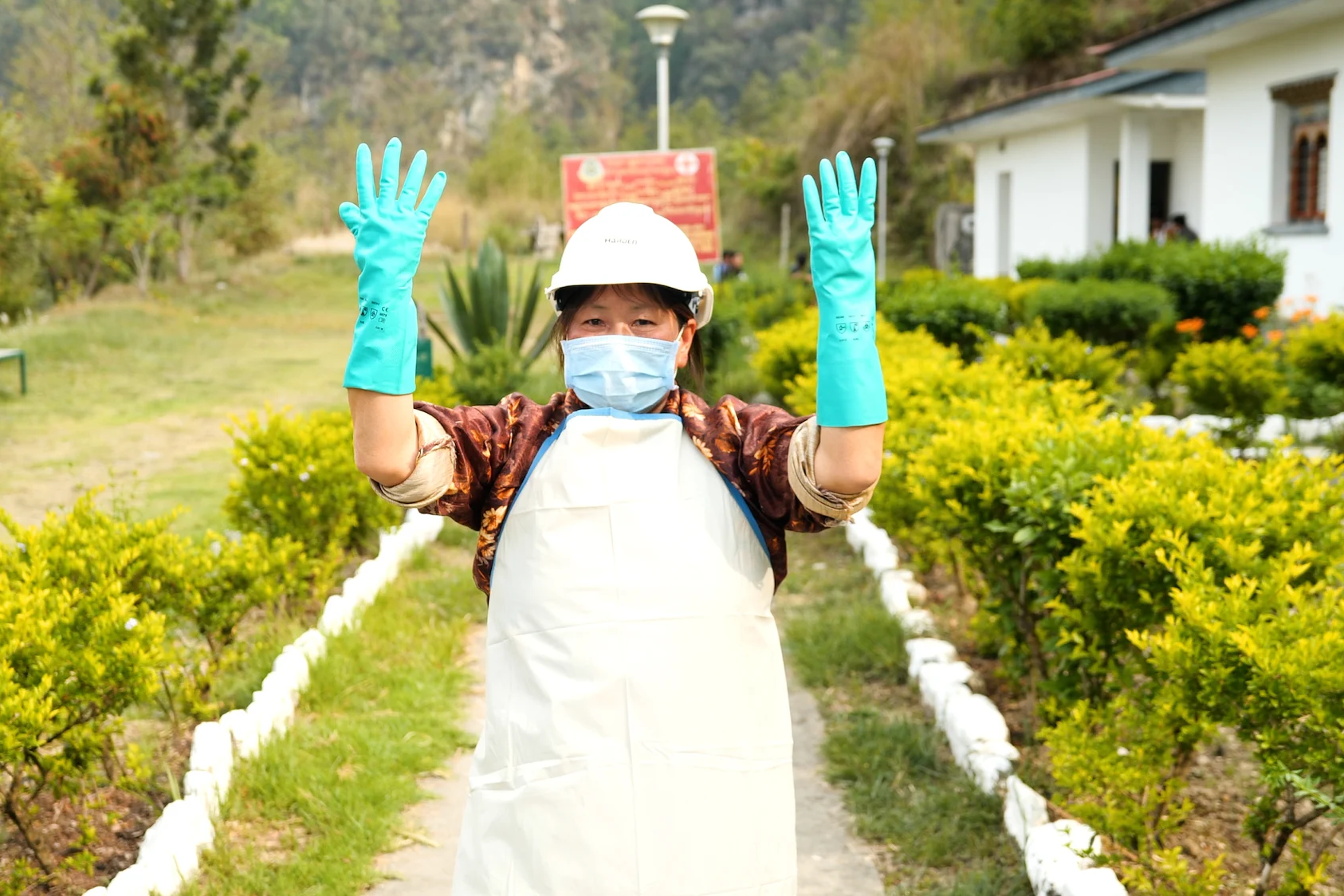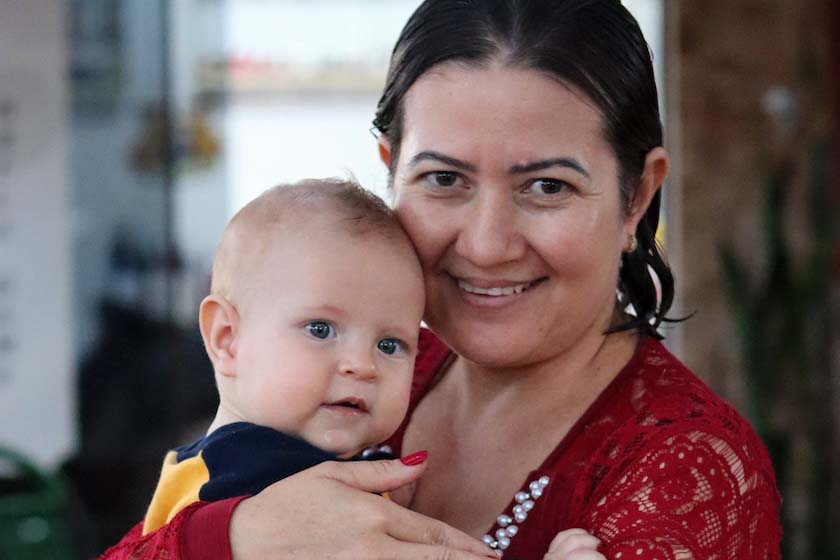The World Health Organization (WHO) has declared the current mpox outbreak a Public Health Emergency of International Concern. How is this outbreak different from previous ones, and why has it been declared a public health emergency? What does this mean for countries and for you? Who is at risk? And what about vaccines? Dr Abdou Salam Gueye, from WHO Brazzaville in the Republic of Congo, gives you all the keys to what you need to know about this disease.
Photo: WHO

